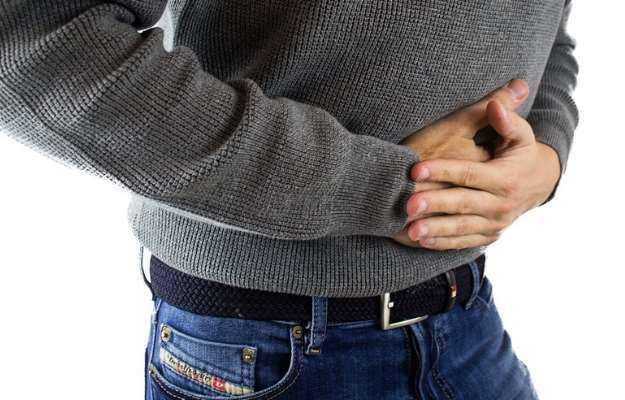What is urethral syndrome?
The urethra is a tube that helps in releasing urine out from the body. Urethral syndrome is the inflammation or irritation of the urethra without an infection. It is also known as symptomatic abacteriuria. It is not related to any infection. All the age groups are susceptible to this pathological condition but it occurs mostly in women.
What are its main signs and symptoms?
The signs and symptoms are extremely similar to urethritis. Both diseases cause irritation of the urethra. Urethritis occurs due to bacterial or viral infection but the cause of urethral syndrome is not so clear. Some of the common signs and symptoms are:
- Pain during urination
- Frequent urination
- Abdominal pain
- Burning during urination
- Urgency in urination
- Swelling in groin
- Pain during intercourse
Some signs occurring especially in men are:
- Swollen testicles
- Blood in semen
- Penial discharge
- Pain during ejaculation
What are the main causes?
The actual cause of urethral syndrome is not properly known due to a lack of clear evidence of this disease. But some of the possible causes are as follows :
- Urethral injury
- Chemotherapy
- Radiation
- Caffeine
- Scented products like perfumes, soaps, sanitary napkins etc.
- Spermicidal jellies
- Sexual activity
- Bike riding
- Diaphragm and tampon use
- Viral or bacterial infection
How is it diagnosed and treated?
The doctor checks physically for possible signs in the pelvic area. The medical history of the patient is collected. Some of the tests also performed are:
- Urine sample tests and urethral swab tests
- Ultrasound of pelvic region
- Urethroscopy using a camera attached to a thin tube that is inserted inside the urethra
- Tests for sexually transmitted diseases (STDs)
After the diagnosis, the patient is treated by various methods such as :
- Surgery – It is performed when there is constriction of the urethra. It helps in removing the obstruction.
- Some lifestyle changes like avoiding scented soaps, long bike rides etc.
- Proper medication is prescribed like non-steroidal anti-inflammatory drugs.
- Personal hygiene and sanitary care is of utmost importance for rapid improvement and to prevent recurrence.
















